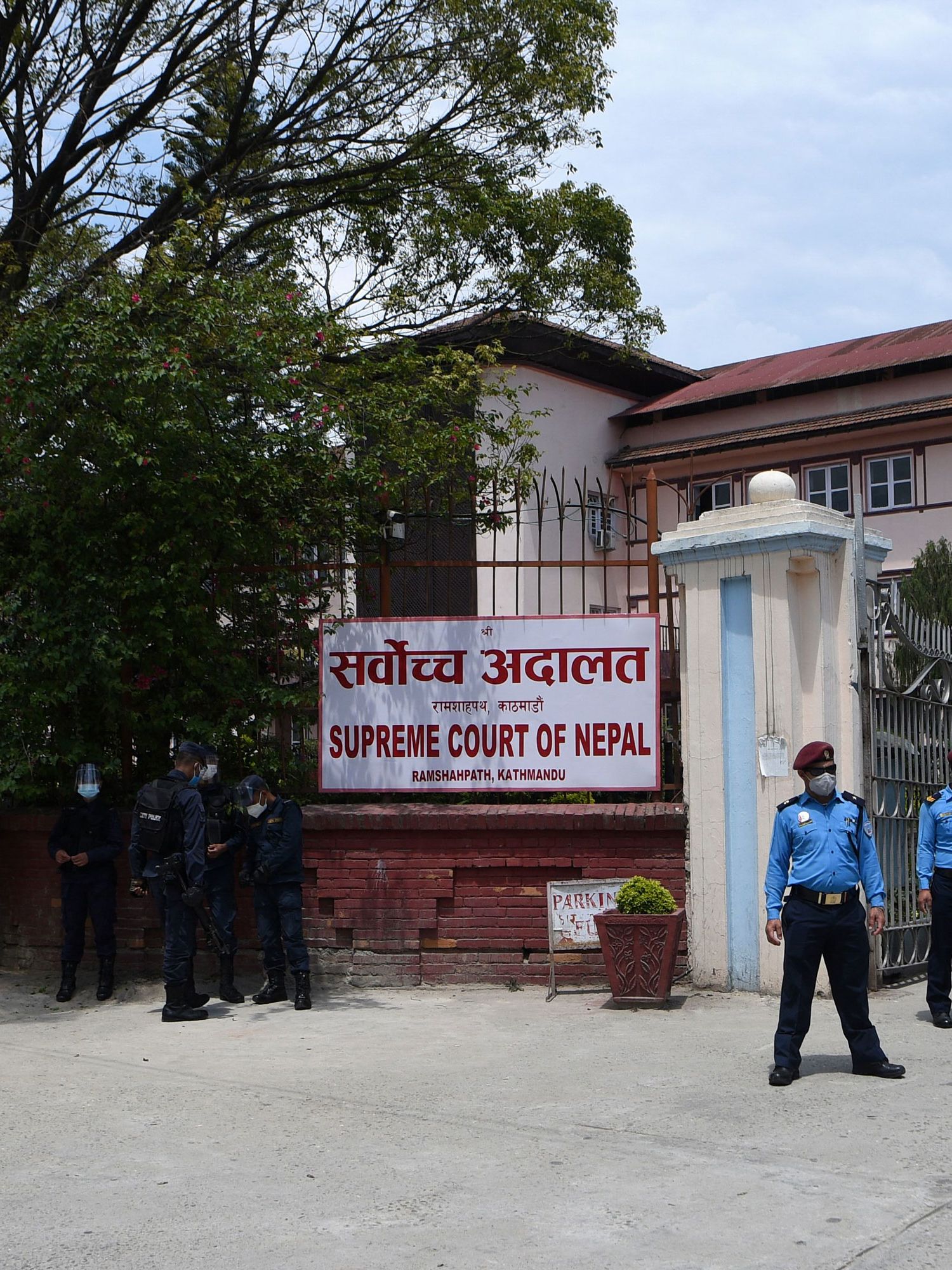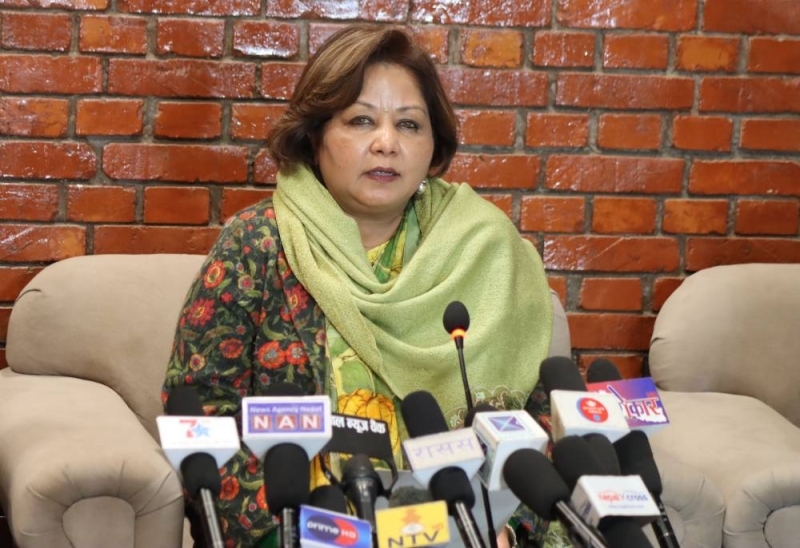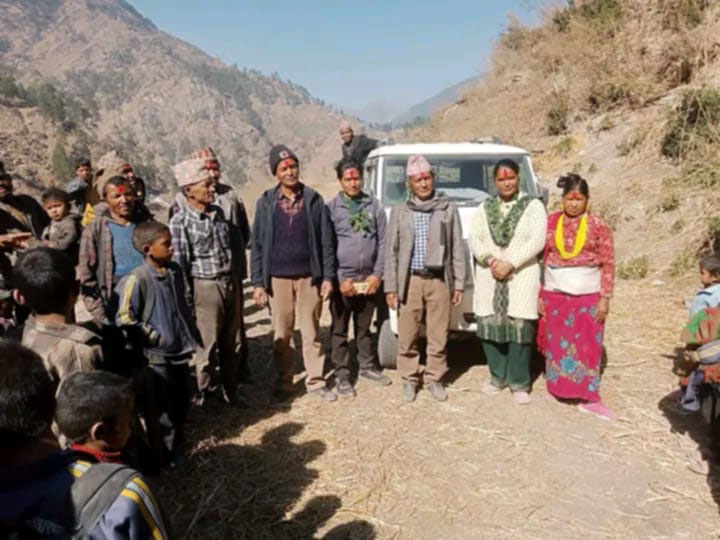“Nepal Supreme Court’s Landmark Ruling: Implementation of Citizenship Bill Opens Path for Nepalese Living Abroad to Attain Citizenship”

Kathmandu — In a significant ruling, the Supreme Court of Nepal has declared that President Ramchandra Paudel’s approval of a bill, which was not previously approved by former President Bidya Bhandari, cannot be deemed illegal. The decision came in response to a petition challenging the certification of the Citizenship Bill. A division bench comprising Justices Anand Mohan Bhattarai and Kumar Regmi announced on Thursday the cancellation of the short-term interim order that had temporarily halted the implementation of the Citizenship Bill.
Previously, Justice Manoj Kumar Sharma, a single bench judge, had issued a short-term interim order to suspend the implementation of the Citizenship Act approved by the President. However, after thorough discussions on whether to continue the interim order, the division bench of the Supreme Court identified three key grounds to pave the way for the implementation of the Act.
Firstly, the Supreme Court recognized the significance of Article 10 of the Constitution of Nepal, which guarantees that no Nepali national can be deprived of their right to citizenship. The Division Bench highlighted that since the amendment to the Nepal Citizenship Act 2063 was necessary for the enforcement of this constitutional provision, it should be acknowledged that the amendment bill had been passed twice by the Parliament.
Secondly, the Division Bench emphasized that the Citizenship Bill was not void or inactive. They stated that it would be incorrect to claim that a bill passed by the Parliament becomes inactive or void simply because the session of the House of Representatives has concluded.
Thirdly, the Supreme Court addressed the constitutional void and complexity that arose when the President declined to certify the bill. It pointed out that since the Speaker had certified the Bill and sent a letter to the President for Cabinet recommendation, the certification could not be considered unconstitutional.
As a result of this Supreme Court verdict, the children of Nepali citizens by birth will be eligible to obtain citizenship starting from today. Additionally, the ruling has opened the doors for non-resident Nepalis who wish to acquire Nepalese citizenship.
Regarding non-resident Nepali citizenship, Article 14 of the Constitution allows individuals who have obtained citizenship in a foreign country and whose father, mother, father’s father, or grandfather is a Nepali citizen by descent or birth to apply. However, this provision only applies to individuals residing in countries other than the member countries of the South Asian Regional Cooperation Organization. The amendment bill has incorporated this constitutional provision, granting individuals with non-resident citizenship the rights to economic, social, and cultural benefits as outlined by federal law. However, it should be noted that non-resident citizens are prohibited from exercising political rights according to the constitution.
With the Supreme Court’s decision, the implementation of the Citizenship Act will proceed, ensuring the fulfillment of citizens’ rights and paving the way for non-resident Nepalis to acquire Nepalese citizenship under specific conditions.



















Facebook Comments